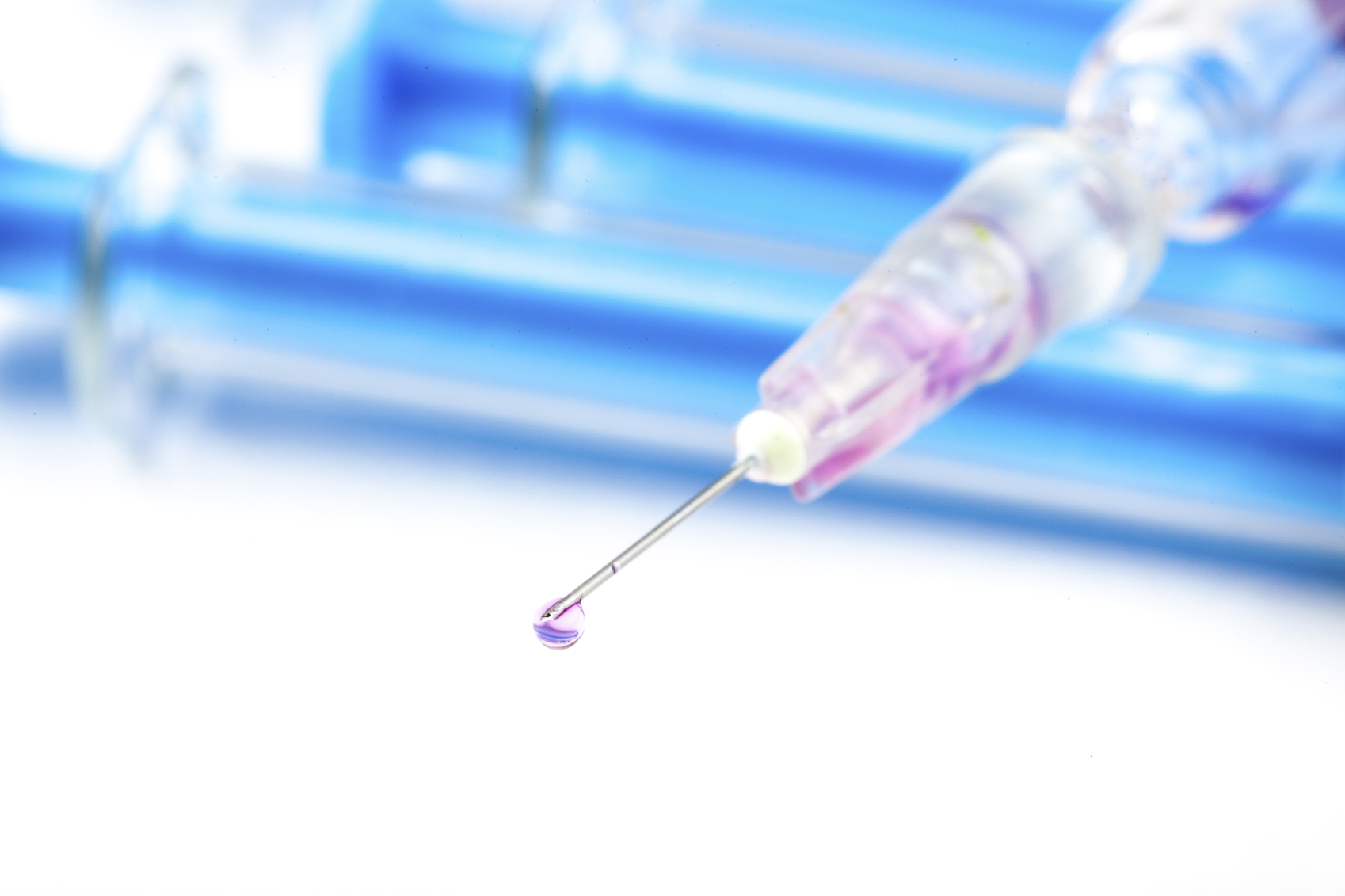Diabetes 'lab-on-chip' start-up gets €2M EU cash

Italian diagnostics start-up Dianax has been granted 2 million euros as part of the European Union’s Horizon 2020 programme.
The money is intended to speed up the development of the company’s lab-on-chip diabetes prevention and monitoring solution.
The device provides onsite measurements of glycated haemoglobin (HbA1c) through a sequence of purification operations and Micro Electrical Mechanical Systems (MEMS).
The postage stamp-sized chip can yield a precise HbA1c reading from a single drop of fluid sample in a few minutes and is both cheap and disposable. The company claims it is also extremely resistant to vibration and to extreme temperatures, whilst also having an impressive durability of up to two years. The technology also boasts potential smartphone connectivity to allow for results viewing.
"The EU funding is an important international recognition of the innovative value of our technology - and a significant booster for our roadmap to market entry,” stated Eugenio Iannone, Dianax Co-Founder and CEO.
Horizon 2020 is the largest research and innovation programme ever conducted by the EU with a total budget of €80 billion available over seven years, from 2014 to 2020. The financial instrument allowing for the implementation of the Innovation Union initiative, Horizon 2020 is intended to foster innovative scientific technologies to tackle health and societal challenges and ensure Europe’s world-class status in science.
The chip’s technology lends itself to application outside of just diabetes due to around half of all blood tests currently relying on the measurement of proteins.
"Dianax innovation could help address a number of key diagnostics and medical issues for a large number of patients and for the healthcare system in general," explained Francesco Granata, Partner and Advisor at Dianax. “The possible use of Dianax' portable diagnostic device range from patients' self or home monitoring, to prompt diagnostic tests at healthcare settings, such as chemist's stores, doctor's practices and hospitals, to emergency care at A&E departments or on the ambulance, potentially allowing prompt assessment of conditions or treatment effects.”
‘On-chip’ technology is an emerging field with various different approaches to utilising the set-up to improve healthcare.
Emulate, creator of the award-winning ‘organs-on-chips’ technology, has produced a platform capable of transforming drug testing and diagnostics through minute recreations of human tissue.
The company plans to build chips reminiscent of all the major tissues in the body, including liver, lung, brain and heart, potentially recreating an entire person’s biology on a network of inter-linked chips.
Other developments using the same technology are still in the early academic research stage, with the University of Michigan’s ‘kidney-on-a-chip’ showing promise as a drug dosing tool and the University of Luxembourg’s ‘Human-Microbial X(Cross)-talk’ (HuMiX) chip focussing on the interaction between bacterial species to determine their effect on overall health.












